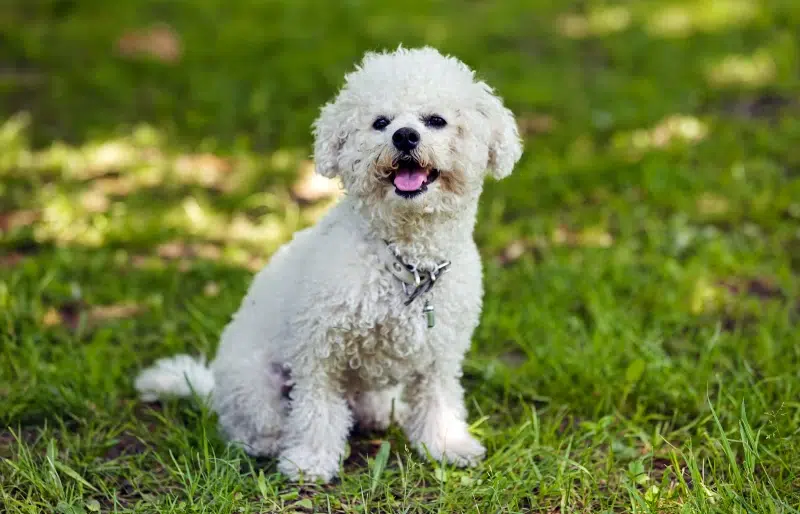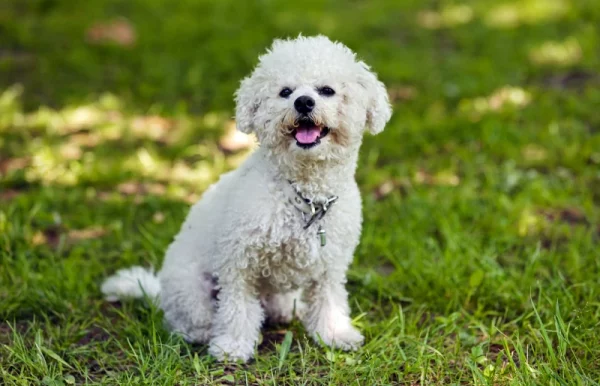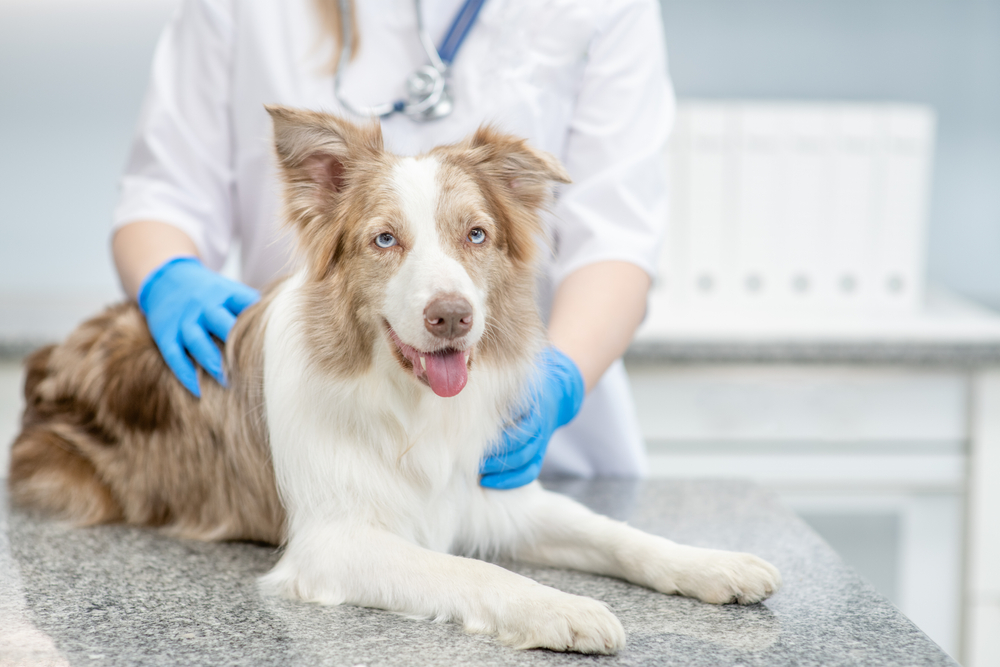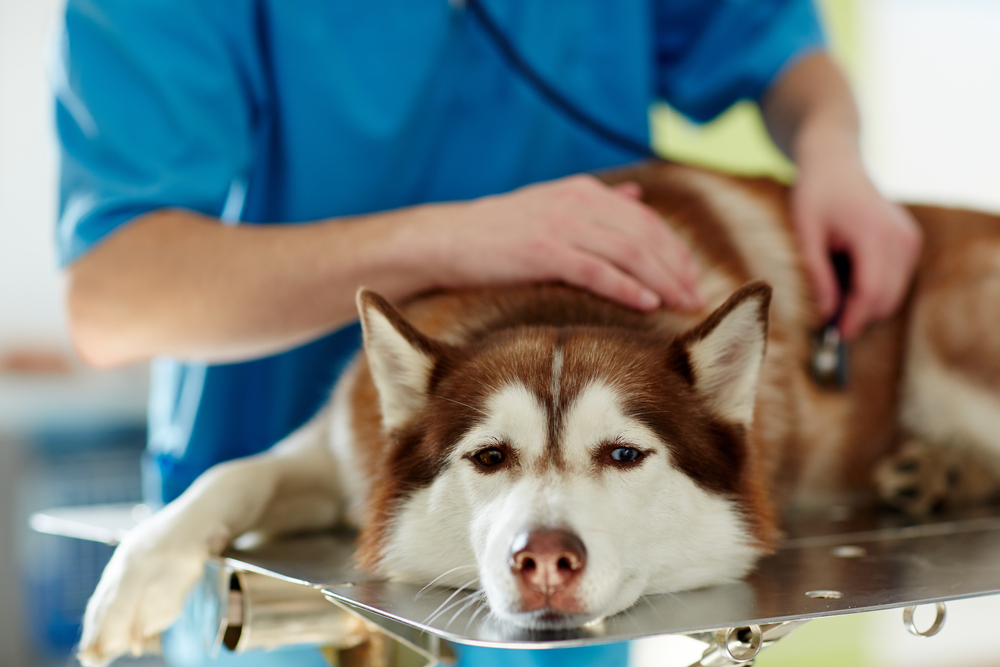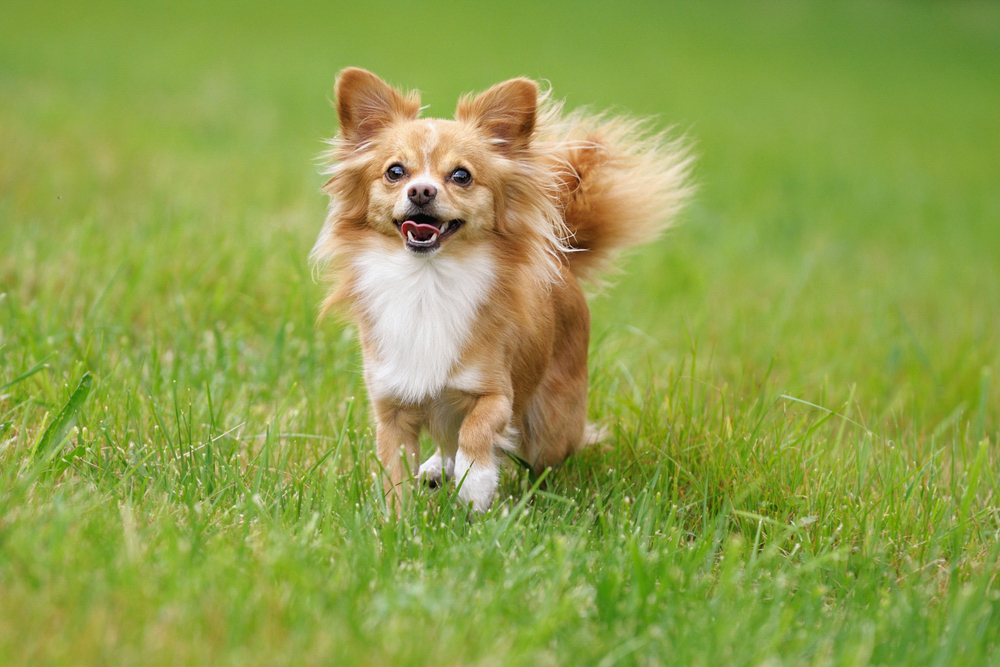The Bichon Frise is a beautiful little dog with heaps of personality. They’re easily trained, highly adaptable, and renowned for their personality. They adore their owners and people in general. They get along with people of all ages and are great dogs for a family. However, because of their need for human interaction, the Bichon Frise doesn’t do well being left alone for long hours. Ideally, no dog should be alone longer than 6 to 8 hours, but that may be too long for a Bichon. It’s wise to only leave your Bichon alone for up to 4 hours; even then, they’ll require training to handle your absence.
Do Bichon Frise Get Separation Anxiety?
Bichon Frise are happy and affectionate dogs that love their owners. This adoration of people can lead to separation anxiety if the correct steps aren’t taken. Not all Bichon Frise will suffer from separation anxiety, and the correct socialization, training, and entertainment can stop them from being lonely.
Undesirable behavior associated with separation anxiety can still occur if your Bichon is left home alone for long periods, such as excessive barking, scratching, inside toileting, and destructive behavior. By making their time home alone easier, you can avoid separation anxiety and help your Bichon relax while waiting for your return.
What Might Happen if My Bichon Is Left Alone?
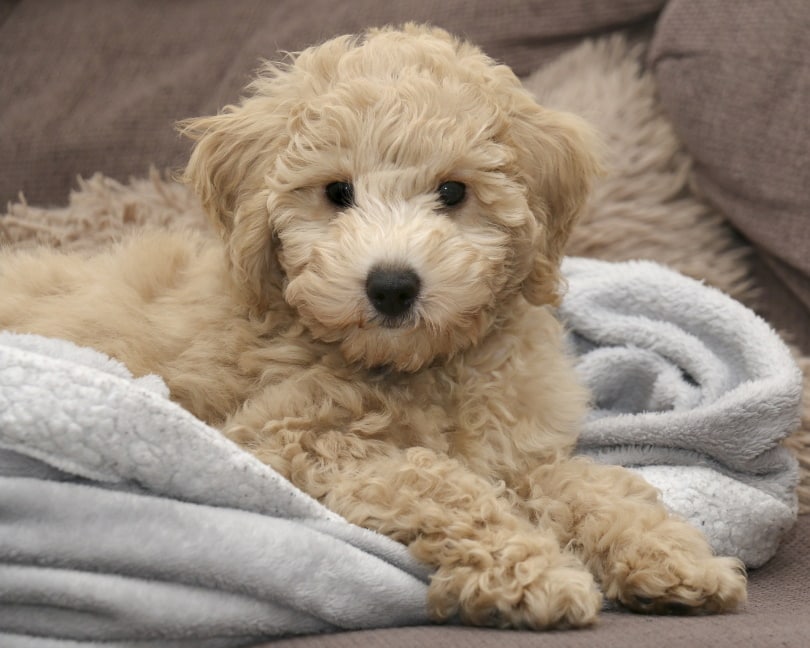
If you leave your Bichon Frise (or any breed of dog) home alone for an extended period, they’ll begin to get anxious about where you are. Bichon Frise are incredibly social dogs that need human interaction, so they can become panicked that you’ll never return.
They can display undesirable and destructive behavior due to stress, which is also associated with separation anxiety. Here are a few of the behaviors you might see if you leave your Bichon alone for too long:
Barking
Bichon Frise aren’t an overly vocal breed, but barking is the primary method of communication a dog can use to get attention. If your Bichon is scared, anxious, or lonely, they may bark to try and get your attention. They don’t know where you are and can bark out of frustration or fear that they can’t get to you.
As anxiety levels rise, you may find that your Bichon barks at things they normally wouldn’t, such as people passing by outside. That is because they can begin to feel threatened when they’re alone. Barking can be stressful for your dog and the people around you; it’s best to limit the time you’re away from home and help your dog express themselves in a calmer, less noisy way.
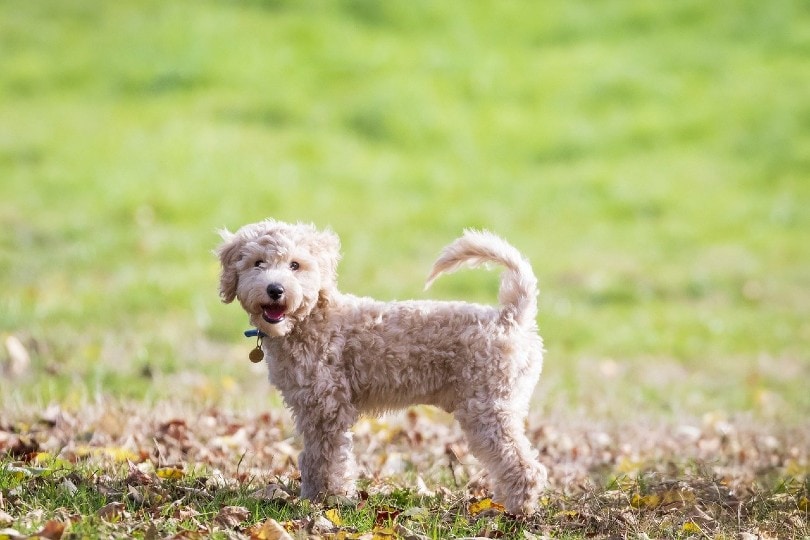
Destructive Chewing
Being left alone can cause all sorts of emotions to build in your Bichon Frise. Frustration, fear, sadness, and loneliness are all felt by dogs, and your Bichon can feel all of these emotions when they’ve been left home and don’t know when you’re coming back.
Their emotions need a release, and many dogs use chewing as a coping behavior to reduce stress. Chewing can also help combat boredom, so your Bichon might be chewing a table leg, couch, or themselves just to have something to do when you’re away.
Toilet Accidents
Bichon Frise are known to be a stubborn breed to housebreak, even when you’re home. Inappropriate urination and defecation can be a sign of separation anxiety, as fear or anxiousness can cause your dog to need the bathroom urgently. Simply being unable to hold it in for a long time can also be the cause; dogs generally can hold their pee or poop for 6 to 8 hours, but that is still a long time to ask them to hold it!
How Can I Help My Bichon Frise Be Home Alone?
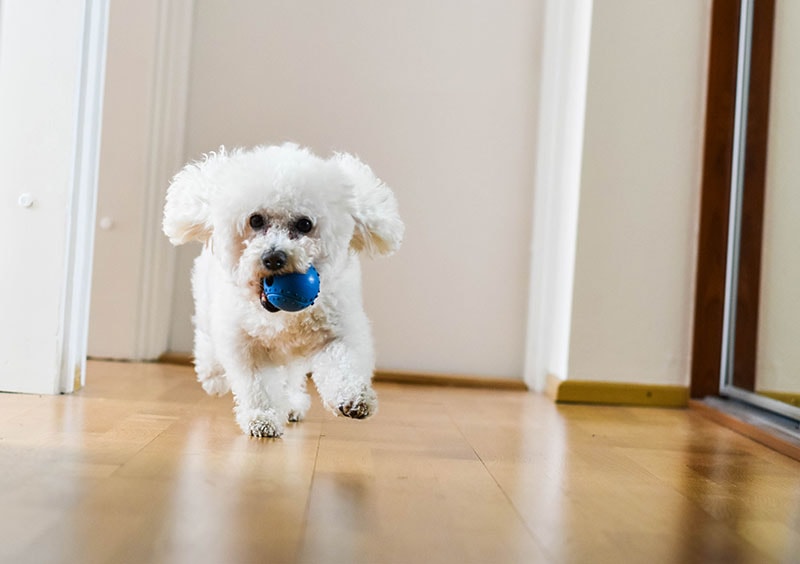
Distraction and entertainment are the key points to focus on when your Bichon must be home alone. You can also slowly increase the time your Bichon is home alone and assess how well they do, as each dog will have their limits regarding the length of time alone.
Provide Interactive Toys
To begin with, supplying boredom breakers like puzzle feeders and interactive toys can greatly affect how well your Bichon fares alone. Teaching your Bichon to relax when you’re around and encouraging them to lie down and interact with their toy is a great way to show them that being calm is a good thing. By teaching them to lie down rather than follow you around (as Bichons love to do), you’re showing them that distance between you isn’t bad. You can also teach relaxation and calm by introducing a crate.
Gradually Increase the Time You’re Away
To help your pet cope with your absence, you can gradually increase the time you’re away from them. Remember to leave them with a boredom breaker like a food toy or a long-lasting treat. A chew toy is also great for Bichons that chew if they’re anxious. Next, leave the house for short periods, and take each trip a little further each time. Monitor how your Bichon does, and ensure they’re relaxed and using the treats and toys you leave for them. If they get anxious, take a step back and reduce the time you’re away.
The goal is to get your Bichon comfortable with being home alone and encourage them to interact with their toys to distract them. When it comes to time to leave, you can also:
- Take them on a long walk beforehand to burn off energy
- Leave the radio on a talk show or put some “doggy” calming music on
- Use a pheromone diffuser such as Adaptil to reduce anxiety
- Have someone pop in and check on them for you throughout the day
If you have any concerns about your dog or their health, we recommend you contact your vet directly.

If you need to speak with a vet but can’t get to one, head over to PangoVet. It’s an online service where you can talk to a vet online and get the personalized advice you need for your pet — all at an affordable price!
Conclusion
Bichons are dogs that thrive on human interaction and love. They are loving and loyal but can’t be left alone for too long without getting anxious or frustrated. The amount of time a Bichon Frise can be left alone is around 4 hours. All dogs are different, but dogs of any breed shouldn’t be alone for more than 6 to 8 hours a day. There are steps you can take to help combat separation anxiety for your Bichon and help them enjoy their time alone without being anxious.
- Related Read: How Much Does a Bichon Frise Cost?
Featured Image Credit: Vladimir Nenezic, Shutterstock

